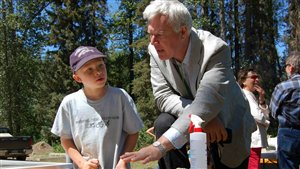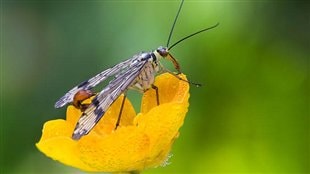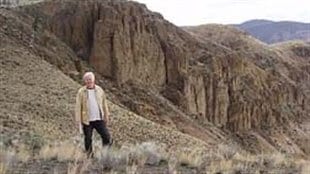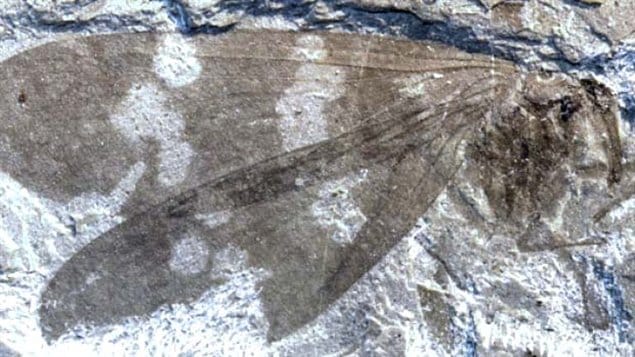Earlier this year Canadian researcher Dr Bruce Archibald, discovered fossils of an extinct species of insect. In further research, he and fellow scientists, Rolf Mathewes, plus David Greenwood from Brandon University, determined that this branch of the species fell victim to climate change 50 million years ago, and the rise of ants, a competitor for their food.
This particular discovery was part of a larger, ongoing project delving into species diversity and climate change.
Dr Bruce Archibald is a paleo-entomologist and researcher at Simon Fraser University, the Royal British Columbia Museum, and is an associate at Harvard University in the USA.
Listen

The particular branch of these scorpion flies, lived and then became extinct during the Eocene period , roughly 56 to 33 million years ago.
In their research they found that the area where the insect lived had a cool climate but without large temperature variations between summer and winter.
As the climate changed in their range in present day British Columbia and Washington state, they apparently were unable to either adapt or move, and while struggling against climate change, were dealt another blow as ants were becoming more predominant and competed for their food source of dead insects.

Dr Archibald notes that there is a direct correlation between climate and species diversity. He says by studying diversity and range and the climate of the past, scientists are beginning to learn more about the effects of climate change on biodiversity and range potentially in the future.

He points out how the very slight warming of winter temperatures has upset the balance in the forests of British Columbia allowing an explosion of the pine beetle population which has destroyed thousands of acres of trees in BC and has crossed over to Alberta into an entirely new range.
This slight change in climate has now affected the forests, the ecosystem, and the lives of thousands of people who depend on forestry for their livlihoods.
Dr Archibald and fellow researchers are continuing their work into species and climate change in studies of other species, such as beetles.
In his words, in trying to learn more about the interdependencies and variables in climate, and species, and how the climate has and will affect us, “it’s like trying to figure out a great big crossword puzzle”







For reasons beyond our control, and for an undetermined period of time, our comment section is now closed. However, our social networks remain open to your contributions.